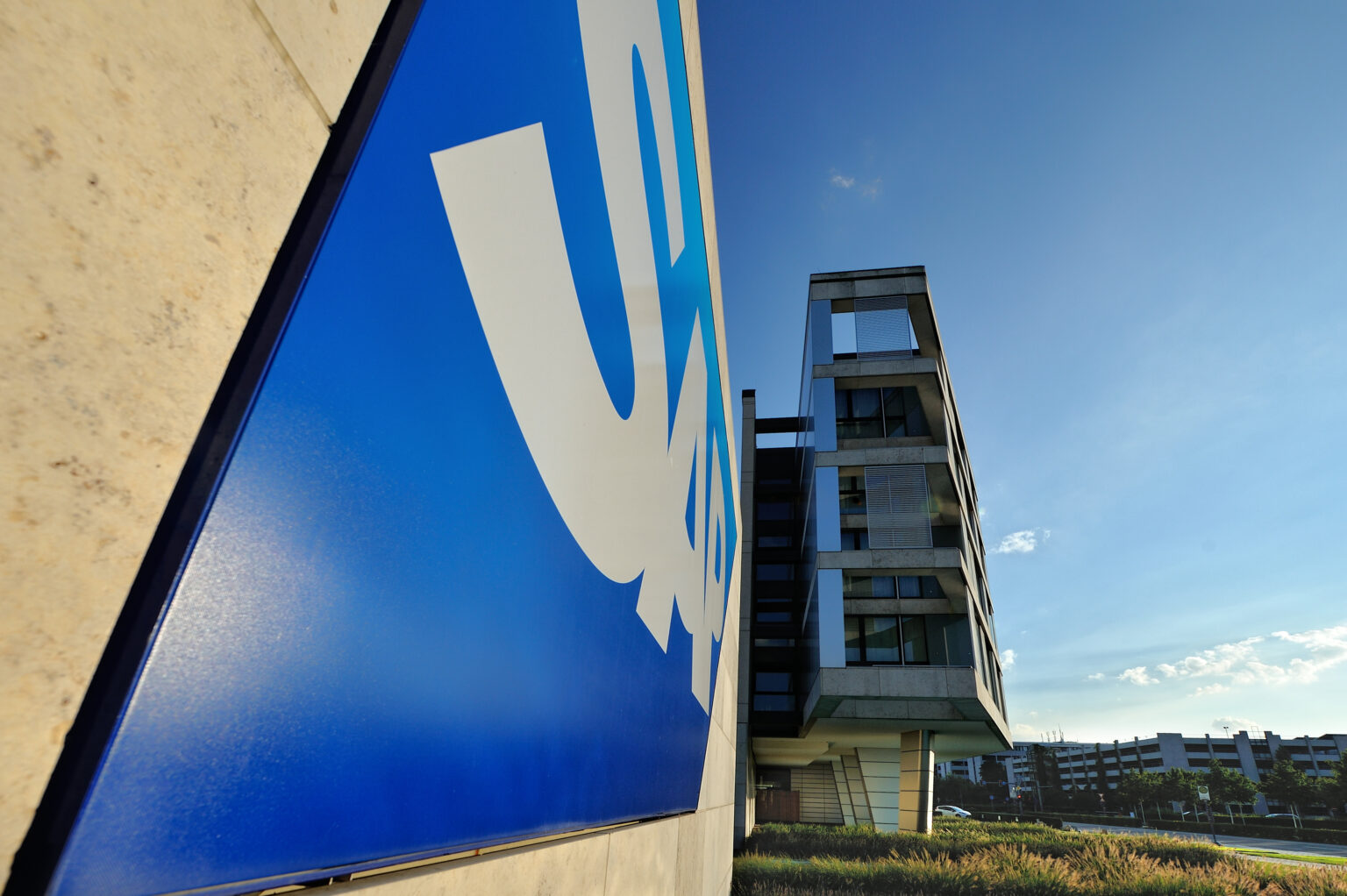The European Commission has launched a formal investigation to assess whether SAP may have distorted competition in the aftermarket for maintenance and support services of its on-premises Enterprise Resource Planning (ERP) software across the European Economic Area (EEA). Alongside the opening of proceedings, the Commission has adopted a Preliminary Assessment summarising the key facts of the case and identifying potential competition concerns. SAP may now submit commitments to address these concerns.
SAP, a German multinational, develops software applications enabling businesses to manage operations such as corporate finance, human resources, and project management. Its ERP software is offered both on-premises—running on the customer’s servers—and via the cloud, hosted on SAP’s servers. SAP also provides maintenance and support services for its ERP software, including updates and technical assistance. Other providers compete in the aftermarket for SAP’s on-premises ERP support services, sometimes offering more favourable pricing.
The Commission’s preliminary investigation identifies four practices that may distort competition, given SAP’s dominant position in the EEA aftermarket for on-premises ERP support. First, SAP requires customers to obtain maintenance and support services for all SAP on-premises ERP software from SAP itself and to select the same type of service under identical pricing conditions, restricting the ability to “mix and match” services from different providers. Second, SAP prevents customers from terminating support services for unused licences, potentially forcing them to pay for unwanted services. Third, the company systematically extends the initial licence term, during which termination of support services is prohibited. Fourth, SAP charges reinstatement and back-maintenance fees to customers who resume support after a break, sometimes equating to the fees they would have incurred had they remained continuously subscribed.
The Commission is concerned that these practices may limit competition from third-party support providers and constitute exploitative conduct toward SAP’s customers, potentially amounting to unfair trading conditions. The in-depth investigation will be carried out as a priority, but the opening of proceedings does not prejudge the outcome.
Teresa Ribera, Executive Vice-President for Clean, Just and Competitive Transition, stated: “Thousands of companies across Europe use SAP’s software to run their business, as well as its related maintenance and support services. We are concerned that SAP may have restricted competition in this crucial aftermarket, by making it harder for rivals to compete, leaving European customers with fewer choices and higher costs. This is why we want to have a closer look at SAP’s potentially distortive business practices, to make sure that companies that rely on SAP’s software can freely choose the maintenance and support services that best fit their business needs.”
In response, SAP confirmed that the European Commission has started formal proceedings involving the company. SAP stated that the proceedings concern areas of its on-premises maintenance and support policies, which are based on long-standing industry standards. The company maintains that its policies comply fully with competition rules but is engaging constructively with the Commission to resolve the issues. SAP added that it does not anticipate the investigation to have material impacts on its financial performance and reaffirmed its commitment to open competition in the global software sector, expressing trust that the Commission will aim for a quick and fair conclusion.
The investigation is conducted under Article 102 of the Treaty on the Functioning of the European Union, which prohibits the abuse of a dominant position that may affect trade and restrict competition within the EU. There is no legal deadline for the investigation, which will depend on factors including case complexity, company cooperation, and the exercise of the rights of defence. Further information will be available on the Commission’s competition website under case number AT.40823.
